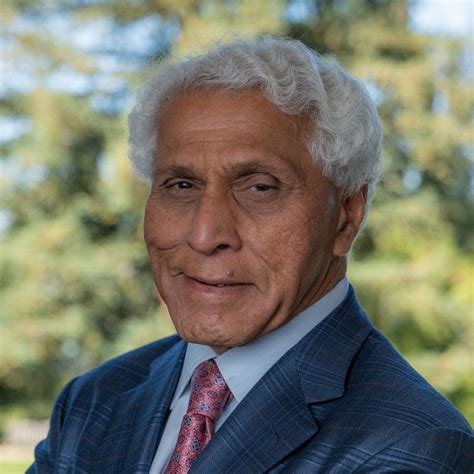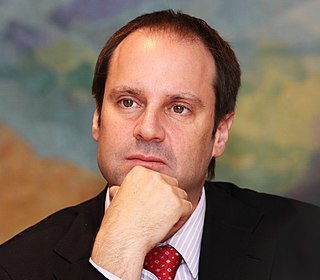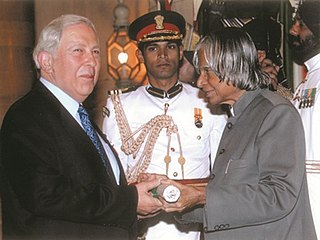A Quote by Romesh Wadhwani
I feel that India lacks a level of philanthropy that is proportional to the wealth that is here, particularly among the top 5,000 industrialists and entrepreneurs.
Quote Topics
Related Quotes
When you consider that a steelworker who's making $40,000 a year has virtually the same tax burden as someone who's making $400,000 a year, you see that there are inequities. This administration has used the tax code to accelerate wealth to the top. Most of the tax breaks have gone to people in the top bracket.
The distribution of wealth is even more unequal than that of income. ...The wealthiest 5% of American households held 54% of all wealth reported in the 1989 survey. Their share rose to 61% in 2010 and reached 63% in 2013. By contrast, the rest of those in the top half of the wealth distribution ?families that in 2013 had a net worth between $81,000 and $1.9 million ?held 43% of wealth in 1989 and only 36% in 2013.
For the three decades after WWII, incomes grew at about 3 percent a year for people up and down the income ladder, but since then most income growth has occurred among the top quintile. And among that group, most of the income growth has occurred among the top 5 percent. The pattern repeats itself all the way up. Most of the growth among the top 5 percent has been among the top 1 percent, and most of the growth among that group has been among the top one-tenth of one percent.
Of the 2,000,000 Armenians in Turkey in 1914, one million have been slaughtered, and the survivors only 130,000 remain in Turkey and the rest are refugees and exiles. Armenian property losses are valued at over 5,000,000,000 dollars are more than three fourths of the estimated wealth of the Armenian race.
It's lonely at the top. Ninety-nine percent of people in the world are convinced they are incapable of achieving great things, so they aim for the mediocre. The level of competition is thus fiercest for "realistic" goals, paradoxically making them the most time-consuming and energy consuming. It is easier to raise $10,000,000 than it is $1,000,000. It is easier to pick up the one perfect 10 in the bar than the five 8s.


































